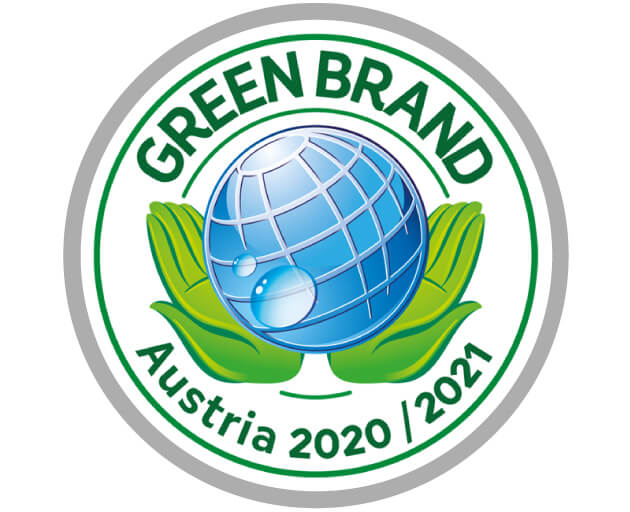360 DEGREES SOCIAL RESPONSIBILITY
Why organic?
There are many reasons for this: Certified organic farming promotes biodiversity, leads to less water pollution and preserves fertile soils. No synthetic chemical pesticides or artificial fertilisers are used, which has a very positive effect on the habitat of animals - especially insects, which are so indispensable for our ecosystem.
Healthy, balanced diet
As a food manufacturer, we see ourselves as jointly responsible for the diet of the population and therefore only produce products that we stand behind and with which we can contribute to a sensible, balanced diet. Our recommendation? A warm, balanced breakfast consisting of complex carbohydrates, little sugar, lots of fibre, sufficient proteins & essential amino acids, healthy fats and valuable vitamins & minerals.
Focus on small organic farms
As a small, owner-managed organic company, it is of course important to us to support other small businesses and small farmers. It is important to us to know our partners and suppliers personally wherever possible, to trace the origin of the individual ingredients as closely as possible and to optimise our logistics routes through local proximity..
Sustainable packaging starts with recyclability
We focus on recyclability in our packaging and are delighted that our breakfast products have been awarded the 'Made for Recycling' certificate. Here you can find out which packaging materials we use and read about our 6 core packaging considerations.
Expanding biodiversity
As part of our cereal recultivation project, we propagate high-quality original cereal varieties such as einkorn, emmer, spelt, rye and oats, which are left in their original, natural form and not altered by various breeding methods. We even grow our own Verival wheat at one of our Austrian contract farmers.
Support for environmentally friendly nutrition
Small changes in your diet, such as supporting sustainable agriculture or focusing on plant-based diets, have a big impact not only on your health, but also on your environmental footprint. This concept has recently become known as the Planetary Health Diet . Learn more about a diet that's good for you and the environment.
Promoting diversity and women in leadership positions
"If you want satisfied customers, you should ensure happy employees," is one of the guiding principles of our managing director Wolfgang Fojtl. That's why Verival deliberately puts people first and we strive to create the best possible working conditions for everyone. This is reflected in the long-standing loyalty of the company and is rewarded with an impressive quota of women in management of over 70 percent.
Verival is a "Green Brand”
As a small organic producer, it is particularly important for us to assume social and ecological responsibility. We have been awarded the GREEN BRAND seal of approval, which ensures that we make an effective contribution to the protection of nature, the environment and the climate, as well as to the preservation of the natural habitat.
About the bees and flowers
Organic agriculture in general makes a great contribution to the preservation of bee culture. We go one step further and since 2018 have been supporting the bee conservation project Hektar Nektar in their PROJEKT 2028, which aims to increase the bee population by ten percent within 10 years. Because one thing is clear: without bees, we humans are not viable.
Palm oil free breakfast range
You won't find any palm oil in our entire breakfast range - we prefer to use sunflower oil instead. Why? The cultivation of palm oil has a serious impact on our environment, because more and more rainforest area has to make way for ever larger palm oil plantations. The CO2 emissions are also enormous. You can find more information about our reasons here.








